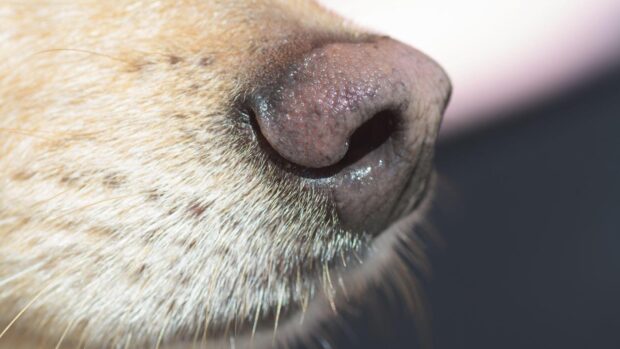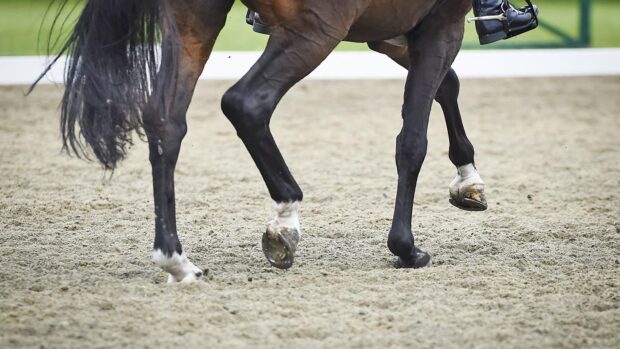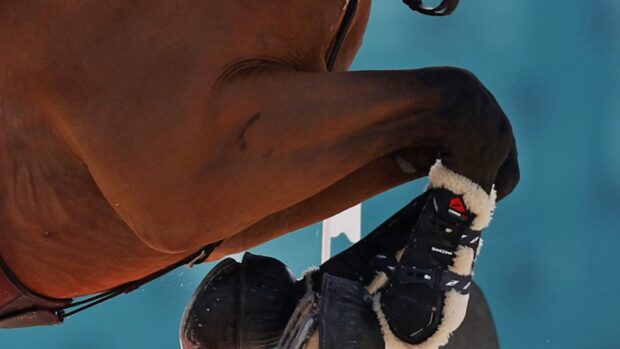The International Equestrian Federations (FEI) drugs testing policy is in the spotlight after a case has been dismissed owing to a procedural error.
Show jumper Air Jordan Z, ridden by Daniel Deusser of Germany, tested positive for the banned substance reserpine after finishing second in the World Cup final in Las Vegas in April. Reserpine is a human anti-psychotic drug that can be used to produce a calming effect in equines.
But the FEI revealed that it is unable to strip Mr Deusser of second place.
An FEI spokesman told H&H: We have scientific proof that there was a prohibited substance in the sample, but we cant prosecute the case as the procedures surrounding the testing didnt work.
We are now compiling a report into what happened and that should be released in the next couple of weeks.
It is rumoured that there were problems with the seals on the sample bags, although the spokesman was unable to confirm this.
Under its own anti-doping rules, the FEI must establish a specified standard of proof when alleging a doping violation, in order to safeguard the rights of athletes. This means that although Air Jordan Zs B sample (which is used to confirm the results of the initial drugs test, or A sample) tested positive for reserpine, the FEI cannot declare that the samples were legally positive. The samples were tested at the FEI laboratory in Paris.
Mr Deusser has been informed that he will not face any sanctions.
Last year, the FEI introduced the Equine Anti-Doping and Medication Control Rules in a bid to clean up equestrian sport (news, 4 May 2006).
But Dr Frits Sluyter, head of the FEI veterinary department, denied that the Deusser case was embarrassing.
He said: It would only be embarrassing if a big mistake had been made and I dont think that was the case here.
This news story was first published in Horse & Hound (26 July, ’07)



